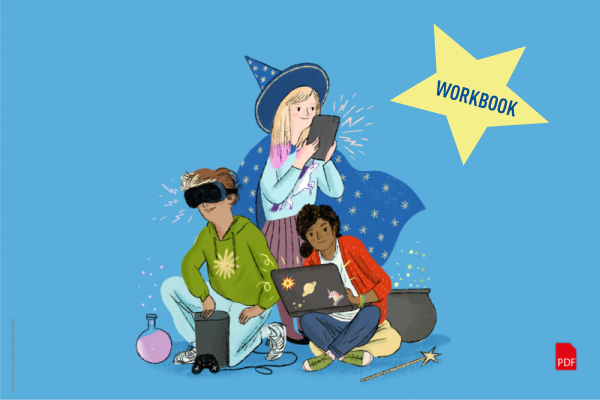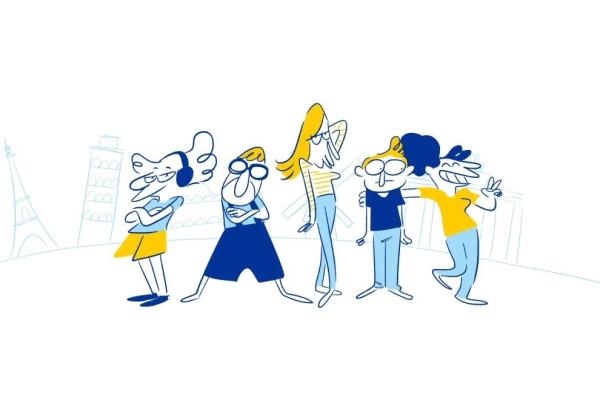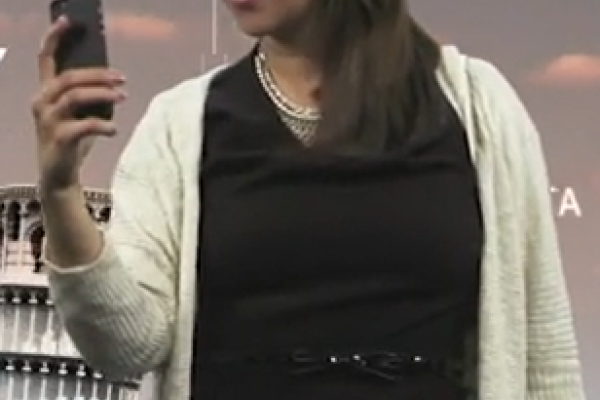- Age groups
- Ages 15 and over
- Up to 9 years
- Ages 9 to 12
- Ages 12 to 15
- Topics
- Type of material
Did you know that AI in education is no longer a distant reality? Indeed, for example, we have been using it already to learn foreign languages or to perform differentiated tasks for personalised teaching and learning. As you can see, AI has a great potential in education but, it lacks in-depth impact analysis and could raise ethical considerations.
These guidelines Identify concrete examples and generic use-cases, underpin ethical considerations and requirements and highlight emerging competences and key terms or techniques into the field of education.
You can use the guidelines with students in the classroom, encourage teachers to use them and parents to consult them and spread the word that AI in education is already here!
Download the guidelines (PDF - 10 MB)
On the same topic

This guide will help you learn many magical things! What the web is made of, what programming is all about, who’s lying and who’s telling the truth. What’s all this for? To help you freely roam this land.

Free resources in 29 languages to help teachers introduce coding and computational thinking to students of all ages. These fun activities will help de...

Meet Helena, Klaus, Kasia, Enzo and Marion – our “DIGITAL EXPLORERS” on a fieldtrip across Europe to see how digitalisation is coming along.

Analysing statistics data at country or at regional level can highlight differences and similarities across the EU or within countries. Explore statistics in your country or region and compare with other countries or regions in the European Union with our thematic interactive publications!

Retailers must give shoppers the same access to goods and services wherever they are in the EU. Failing to do this is called 'geo-blocking' and is bei...

Since 2017, EU citizens travelling to another Member State no longer have to pay roaming charges for calling, texting and surfing on their mobiles.

HistoriCall – the free digital resources for civic and history education created by the House of European History – helps educators to teach European integration in an engaging, interactive, and customisable way.

IdeasPowered@School provides a variety of ready-to-use educational materials in all EU languages on intellectual property for teachers and students of all ages and levels.
